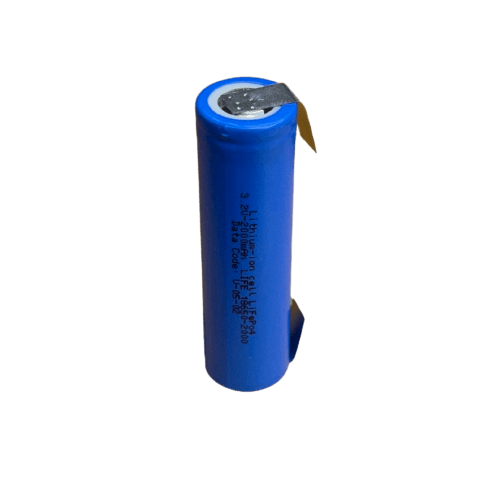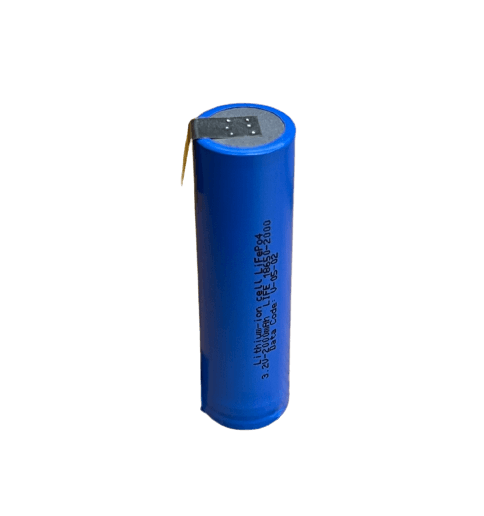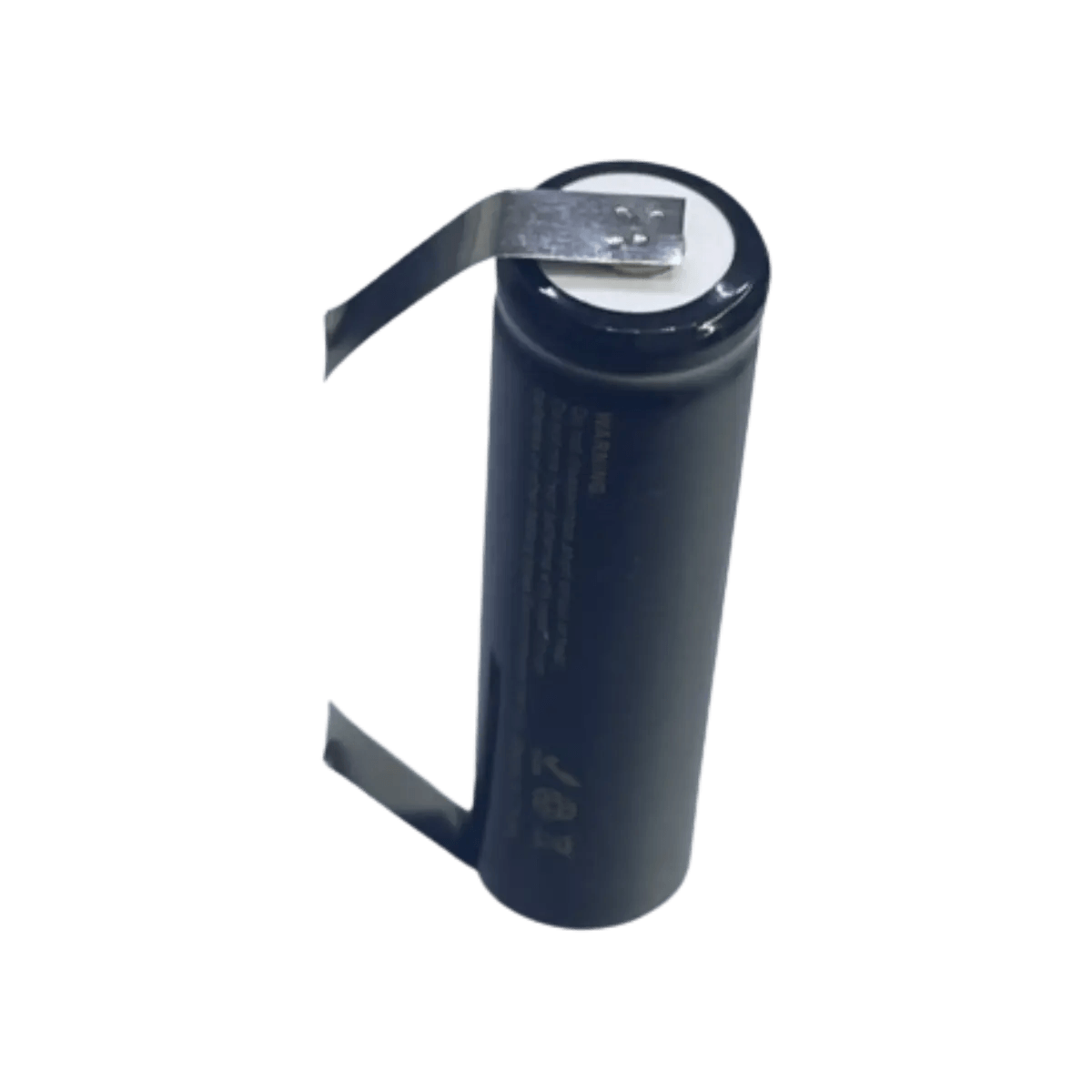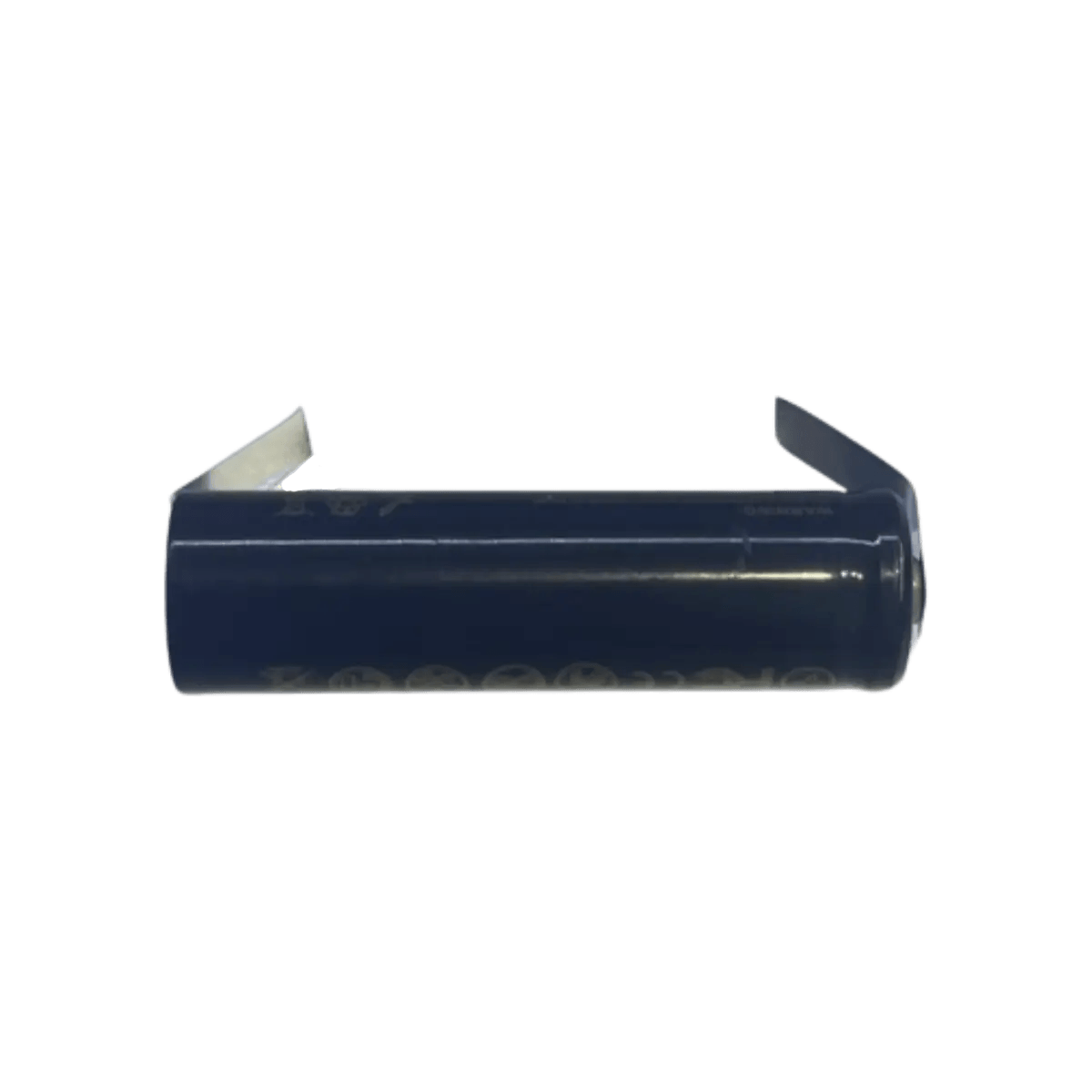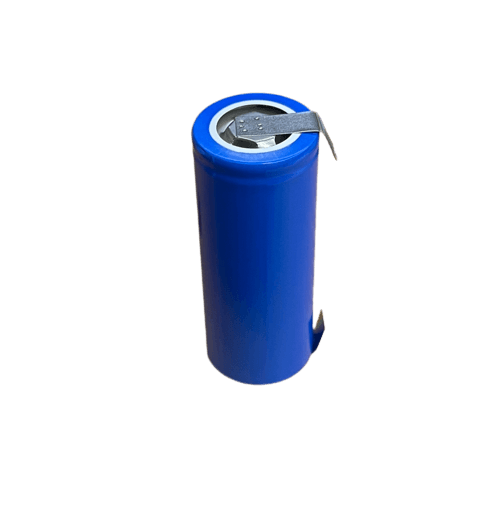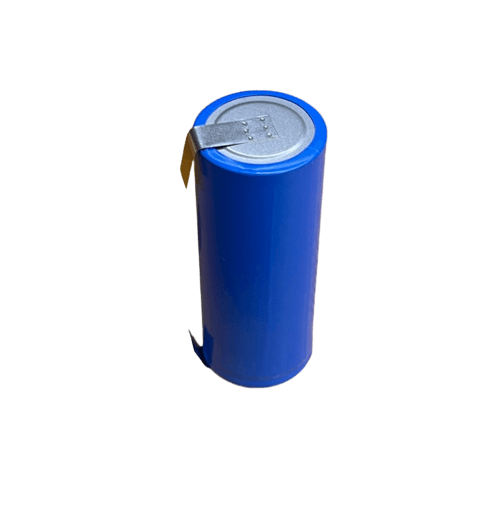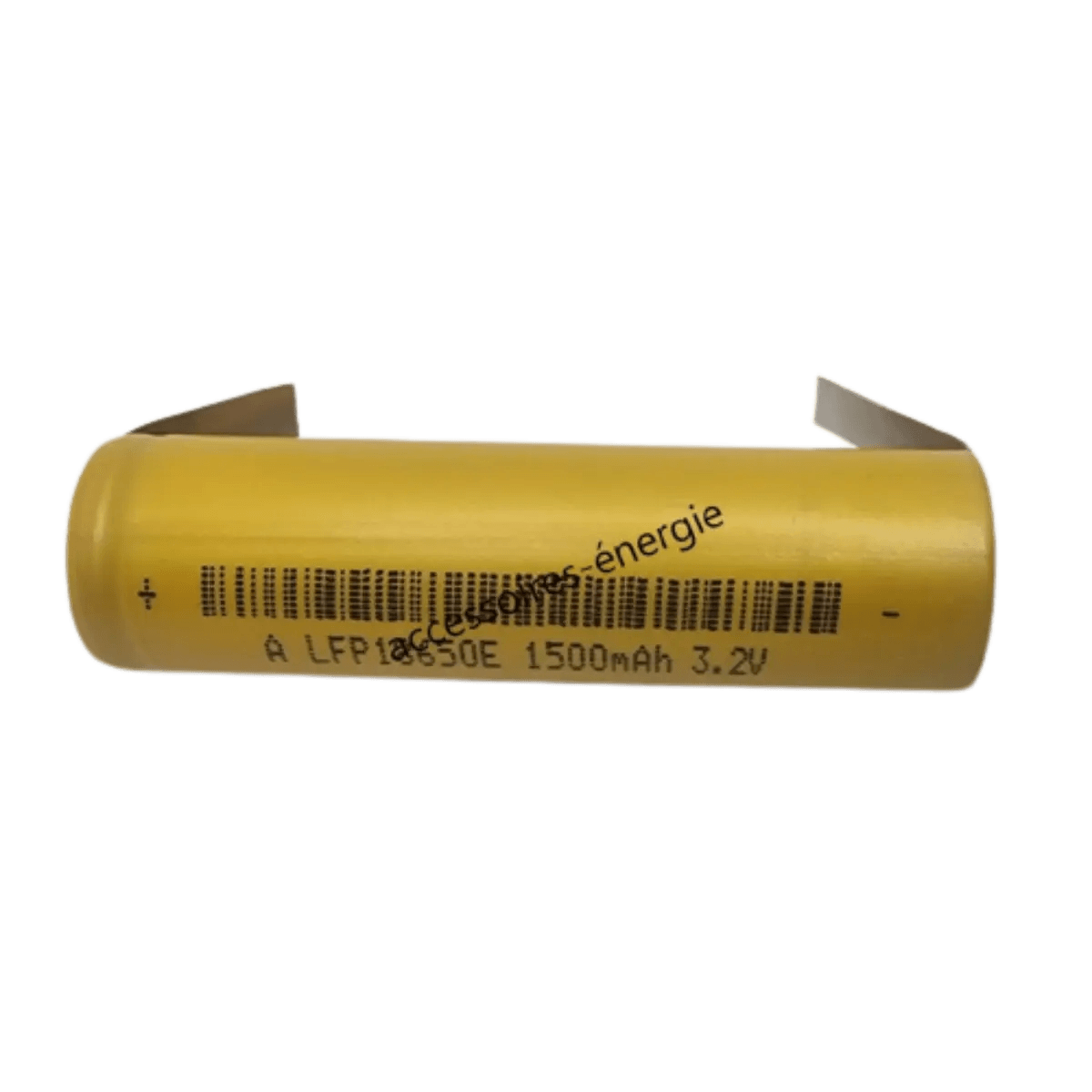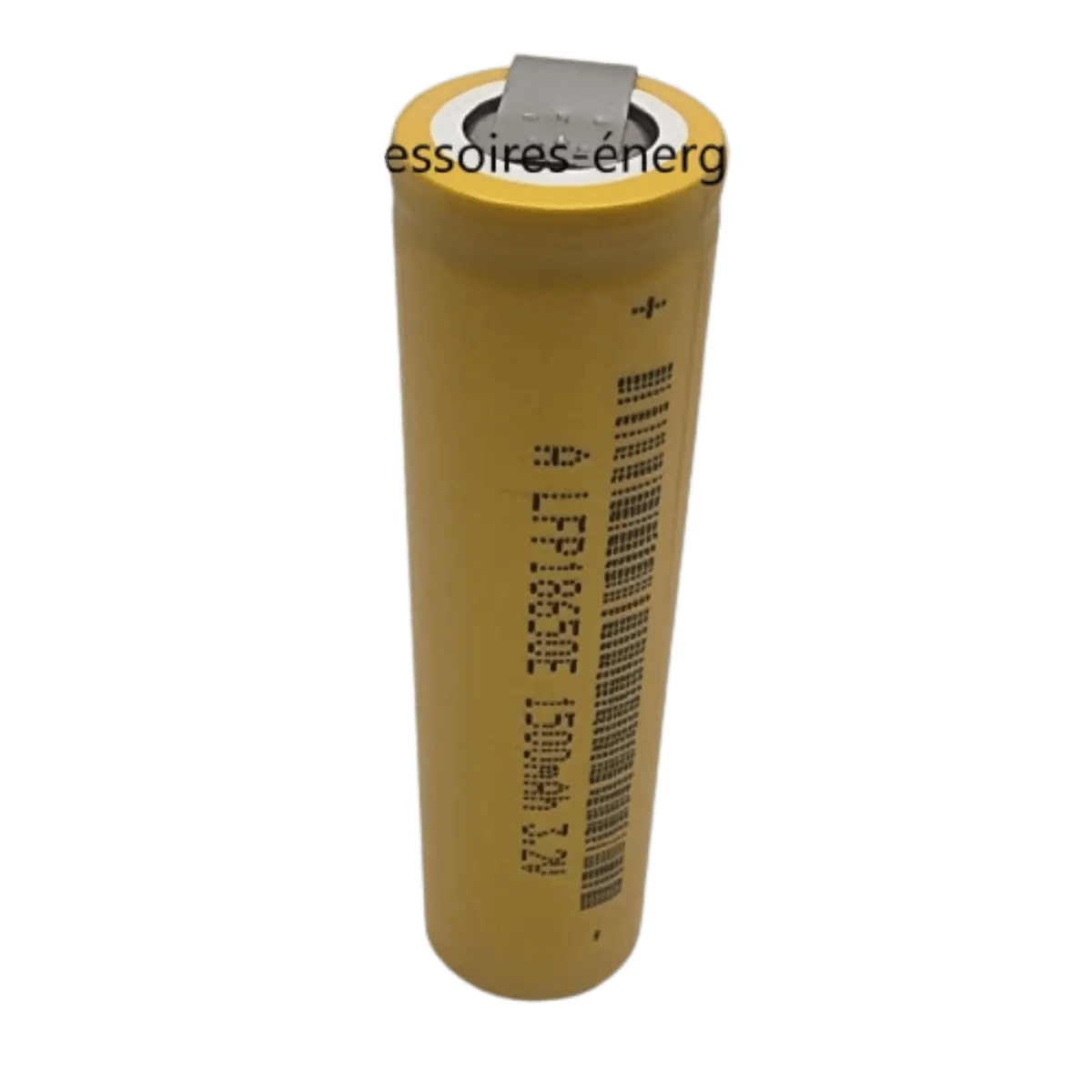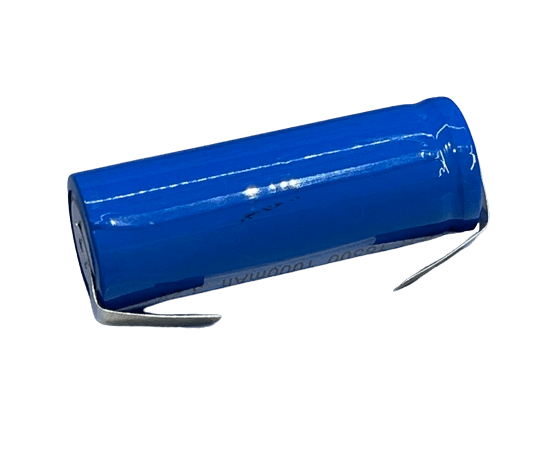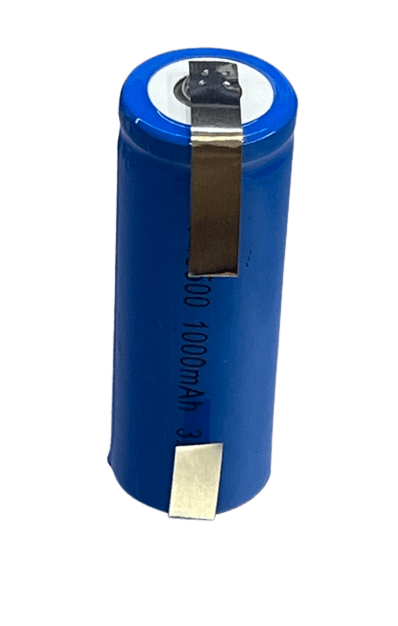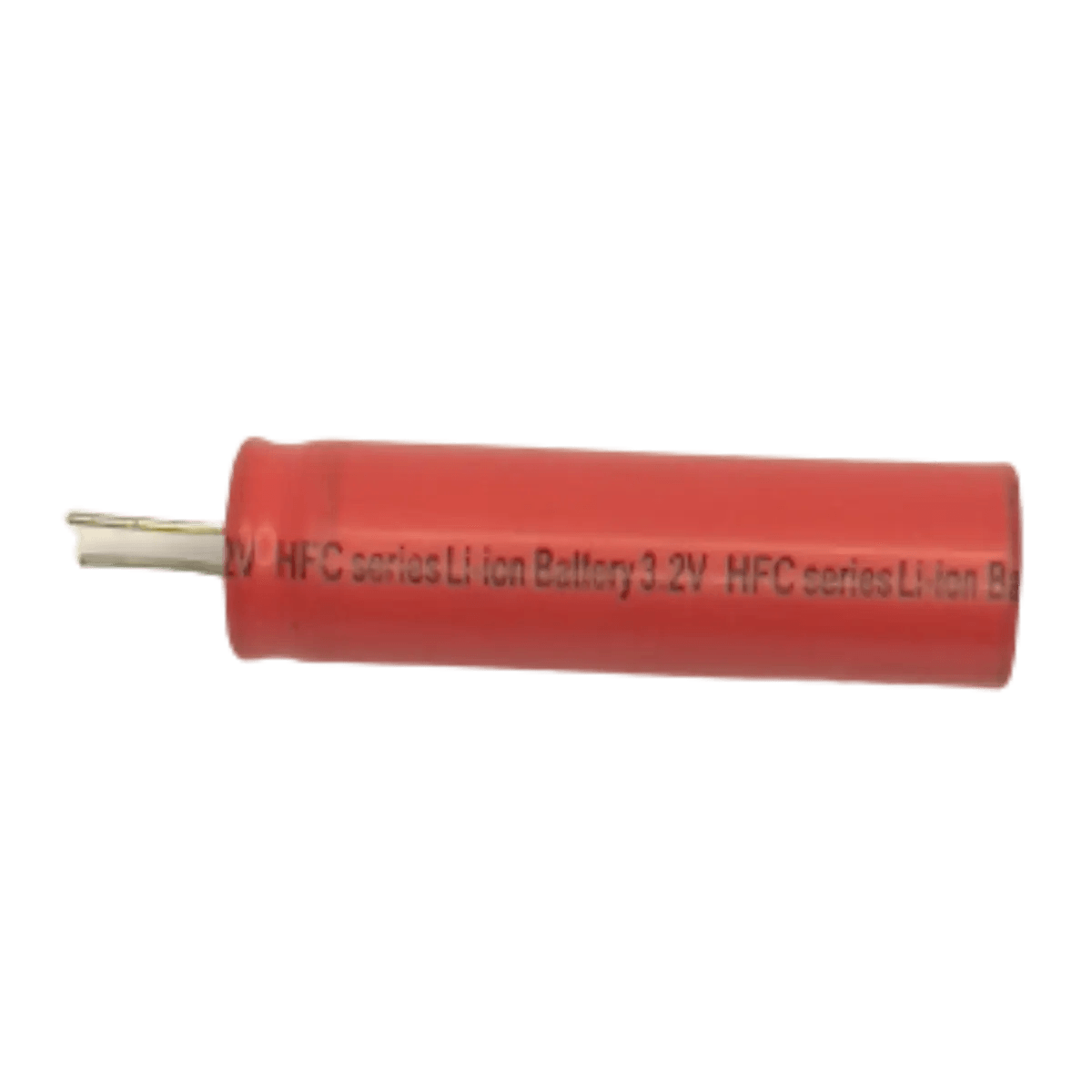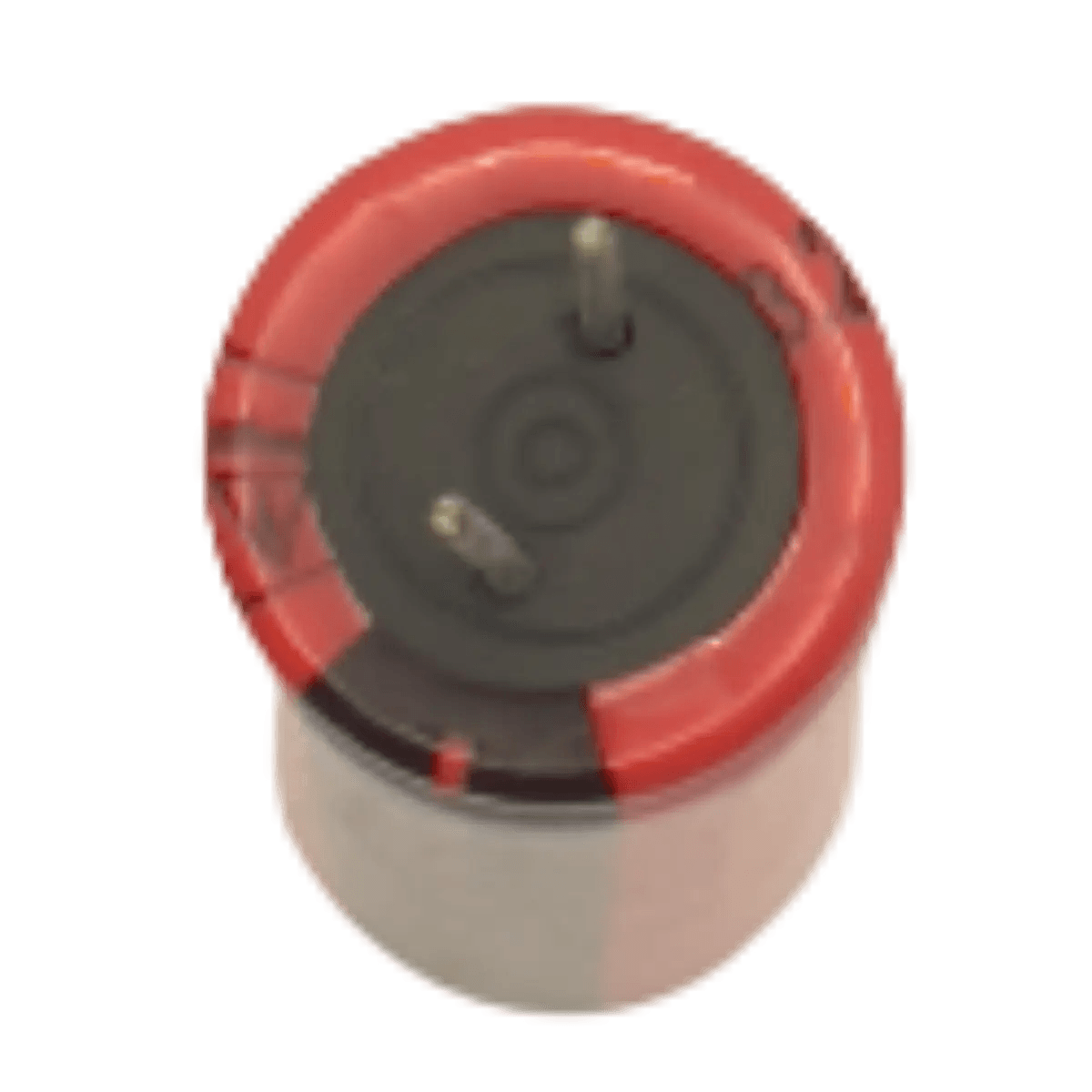FAQ sur les LifePO4 Battery Assembly
What is a LiFePO4 battery and why is it used?
A LiFePO4 (Lithium Iron Phosphate) battery is a type of rechargeable battery that uses lithium iron phosphate as the cathode material. These batteries are highly regarded for their chemical stability, long cycle life, and increased safety compared to other lithium-ion batteries. They are often used in energy storage systems, electric vehicles, power tools, and various electronic applications where reliability and safety are paramount.
What are the technical characteristics of the 18650 LiFePO4 3.2V 2000mAh and 1500mAh batteries?
The 18650 LiFePO4 3.2V batteries stand out for several important technical features. The 2000mAh version offers a higher energy storage capacity, which translates into a longer runtime on a single charge. The 1500mAh version, although slightly less capacitive, is still solid for applications requiring a fast and stable discharge. Both models use solder tabs for easy integration into custom battery assemblies.
What are the advantages of 26650 and 18500 LiFePO4 batteries?
The 26650 LiFePO4 3.2V 4000mAh and 18500 LiFePO4 3.2V 1000mAh batteries are designed to deliver optimal performance in a variety of form factors. The 26650, with its 4000mAh capacity, is ideal for high-power applications, offering long cycle life and consistent performance. The more compact 18500 is better suited for applications where space is limited while still providing good energy density and excellent cycle life.
What are the common applications of AA and 10370 LiFePO4 batteries?
LiFePO4 AA 3.2V 600mAh batteries with solder tabs and LiFePO4 10370 3.2V 150mAh batteries with terminals are commonly used in portable electronic devices, remote controls, toys, and measuring equipment. Their low self-discharge and ability to deliver stable performance make them ideal for everyday applications requiring reliability and flexibility.
How to assemble LiFePO4 batteries with solder tabs?
Assembling LiFePO4 batteries using solder tabs requires a few precise steps. First, ensure that the batteries to be assembled are fully discharged to avoid any risk of short circuit and injury. Then, use a low-wattage soldering iron and solder the tabs according to the specifications of your battery pack. It is crucial to solder quickly to avoid overheating the cell, which could damage the battery.
What are the advantages of LiFePO4 batteries over other types of batteries?
LiFePO4 batteries offer several significant advantages over other types of lithium-ion or lead-acid batteries. They have a longer life with more charge-discharge cycles, better thermal and chemical stability, and increased safety thanks to their resistance to overheating. In addition, they are more environmentally friendly due to the absence of metals.

